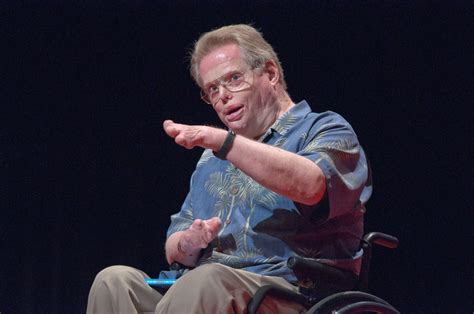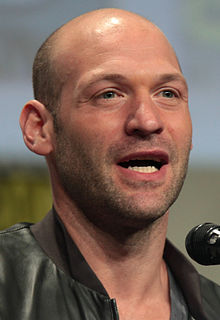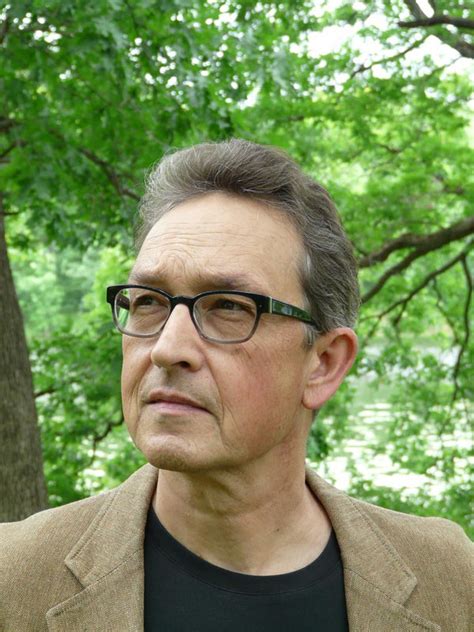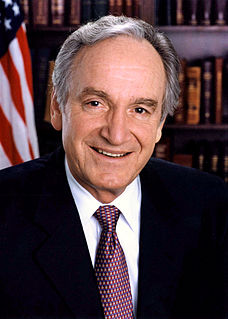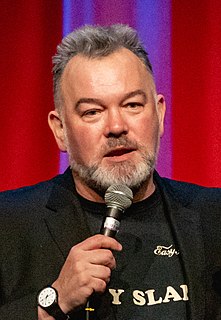A Quote by Jodi Picoult
If you were drifting with a thousand other people, could you really still say you were lost?
Related Quotes
The earthquake in Haiti was a class-based catastrophe. It didn't much harm the wealthy elite up in the hills, they were shaken but not destroyed. On the other hand the people who were living in the miserable urban slums, huge numbers of them, they were devastated. Maybe a couple hundred thousand were killed. How come they were living there? They were living there because of-it goes back to the French colonial system-but in the past century, they were living there because of US policies, consistent policies.
I wrapped my arms around me as tightly as I could, and stared up at the stars. Had I not been so cold and wanting to escape so badly, I could have stared at them forever: They were amazingly beautiful, so dense and bright. My eyes could get lost up there if I left them looking long enough. [...] They swallowed me up. They were like a hundred thousand tiny candles, sending out hope.
The planes were hijacked, the buildings fell, and thousands of lives were lost nearly a thousand miles from here. But the attacks on the World Trade Center and the Pentagon were an attack on the heart of America. And standing here in the heartland of America, we say in one voice We will not give in to terrorists; We will not rest until they are found and defeated; We will win this struggle not for glory, nor wealth, nor power, but for justice, for freedom, and for peace; So help us God.
In refugee camps around the world, I met people who were gone. They were still walking around but had lost so much that they were unable to claim any sort of identity. Others I met found who they truly were, and they generally found it through service to others. They became teachers when there was no school, books or pencils.
When I started on the London circuit in 1989, nationwide there were about 150 to 200 people that were what you could call alternative comedians - that weren't club comics. Now, last year when the Laughing Horse chain of clubs held a new acts competition, a thousand people entered. So, there are 800 people more.


